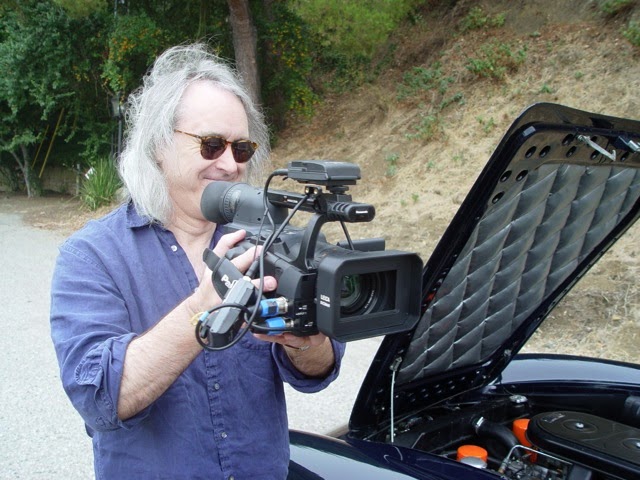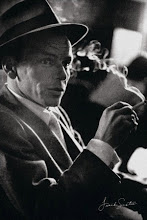Q: Your Action/ReAction is said to be the first new acting technique since the 1950/60s. Is that true?
Stephen: I believe it is though others have developed new 'approaches' to established techniques like Stanislavsky, Meisner and others--David Mamet and William H. Macy's Practical Aesthetics, for example. It's certainly different than anything I've heard of or read about. I think it is also the only acting technique which includes the ability to find and create work as an integral part of the technique. Every other technique I know of is focused only on the moment of performance.
Q: How would you define the technique?
Stephen: Action/ReAction grooms an actor to play leading roles.
Q: What is the major difference between Action/ReAction and other techniques?
Stephen: While other techniques want the actor to be 'in the moment', Action/ReAction instructs an actor to put the audience 'in the moment'.
Q: Is it an easy technique to learn?
Stephen: It is a technique that has many precise levels and each has a different function distinct from the others. No one has yet said to me that it is too difficult and I instruct each layer only after the previous one has been mastered.
Q: What are some of the layers?
Stephen: Phrasing, emphasis, interstitial reactions, cadence, responsive reactions, vocal tonalities, silence, editorializing, and quoting are a few. Of prime importance, though, is understanding the concept of resonating constituent groups in the audience. If everyone in the audience can see something of themselves in an actor's performance, that actor will have an expanding fan base.
Q: What does Action/ReAction do for an actor who is not yet playing leading roles?
Stephen: Since most actors will not launch their careers in the lead role of a feature film (like Peter O'Toole in Lawrence of Arabia), it is more likely they will be seen initially in a role that probably has only a few lines of dialogue. Therefore, an actor must learn to deliver what looks like an Oscar-winning level of performance over the space of two lines of dialogue. That is what Action/ReAction empowers an actor to do.
To learn more, contact:
cineparis@hotmail.com
























































No comments:
Post a Comment